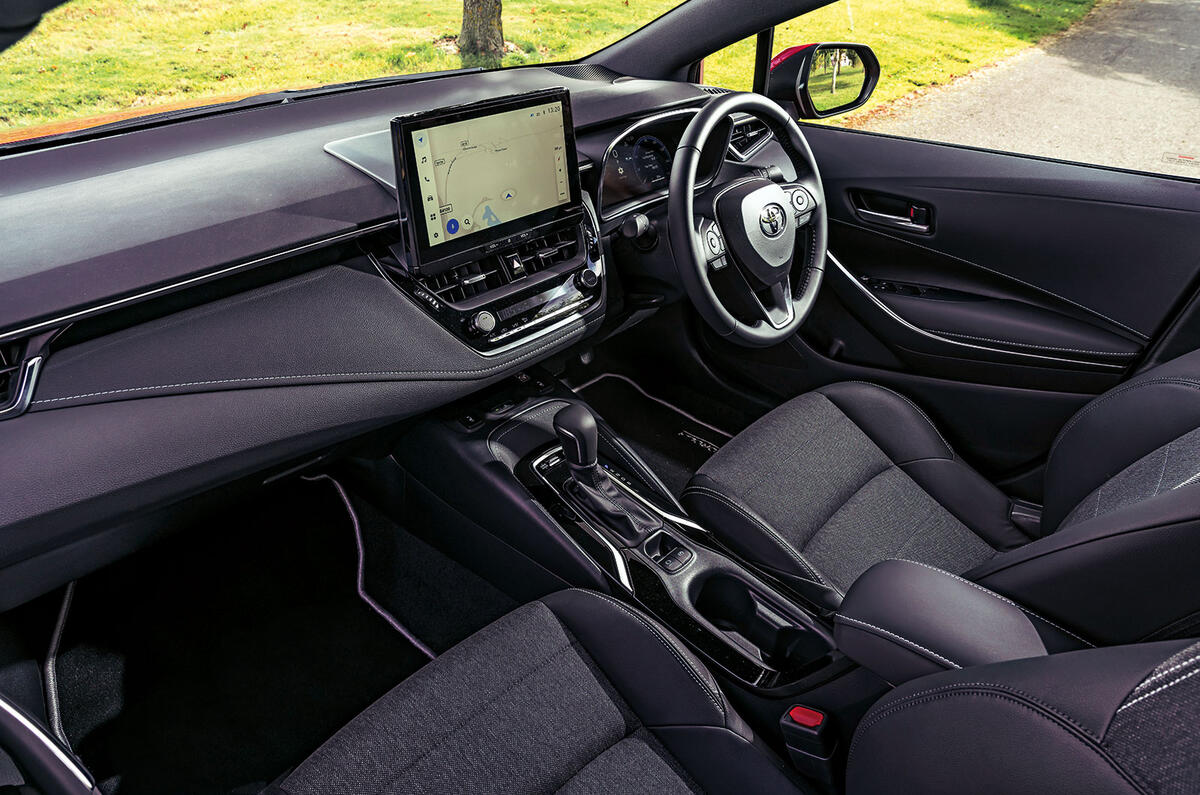It’s all bad news these days, isn’t it? Or it certainly feels like it if you dare to pay attention to global politics. Step away from the doom-mongering, though and you’ll find good news aplenty when it comes to UK automotive manufacturing.
And much of that hinges on the eclectic crew of cars assembled here.
These cars play a key role in the success of the UK automotive industry – an industry that was responsible for a turnover of £93 billion in 2023, up from £78bn in 2022, according to the SMMT.
In fact, only food production tops the automotive industry for economic value in the UK’s manufacturing sector.
So let’s take a closer look at the cars that drive that industry and the ongoing success stories that we should be proud of.
Mini
Mini is a good place to start. Nosing into the car park above the British Motor Museum at Gaydon, our Mini Cooper S – all smooth-surfaced and aquamarine – is an instant hit. Not only is the colour pretty remarkable, but the car also has an instant draw to it.
From the chunky yet dinky proportions to the wide-eyed gaze and the certain promise that it’s going to be as fun to drive as it is to look at, the Mini’s hold on car buyers isn’t hard to fathom.
Nor is it difficult to work out why that hold has been constant since BMW first revealed the ‘new’Mini back in 1997 as a concept car at the Frankfurt show. Would people really be willing to pay a premium for a small but ‘posh’ car? Aren’t small cars purely for the budget realms?
Well, yes, people would and, no, small cars are not. And boy, did Mini prove that. Still is, in fact.
As I whizz (the Mini definitely whizzes in a distinctive fashion) around the Warwickshire countryside, the burbling 2.0-litre turbo petrol engine boosting us along and the quick steering giving that characteristic darty, urgent response, it’s easy to see why the Mini has been such a lasting success story.
There really is nothing else like a Mini. From the colours and personalisation to the plush interior finish, the immediacy of the driving style and the sheer desirability of it, BMW was onto a winning formula from the off.
And it’s had the good sense to stick to that formula for all of the four generations of this modern classic since its showroom debut in 2001.



































Join the debate
Add your comment
Castle Bromwich has ended assembly of cars, but the factory hasn't closed.
Interesting about the Police and the Corolla. When my son starts his work career in a year he will be travelling around a lot and needs to buy a decent car. I am trying to work out how to persuade him into a very un sexy Corolla. Because it will be comfy and well equipped, it won't break, it will be economical so he gets to pocket more of his mileage expenses and safe. But its a difficult sell for sure.
Great article. You are so lucky to still have a motoring industry. Don't let it go.